RESTORING REEFS BACK TO LIFE
COMBINING SIMPLE TECHNIQUES WITH EXPERT KNOWLEDGE
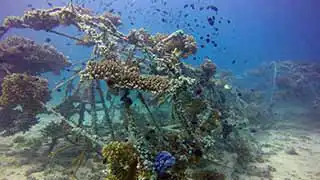

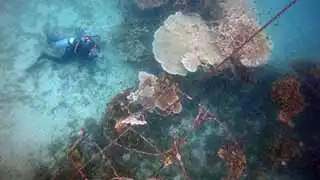
The Decline of Coral Reefs
Coral reefs are under threat from rising water temperatures, ocean acidification, pollution, invasive species, changing weather patterns, and physical damage. It’s estimated that 30–50% of the world’s coral reefs have already been lost.
Artificial reefs help support recovery by providing alternative dive sites and stable substrates for coral transplants and natural recruits. In Thailand, these efforts require special permission from the Department of Marine and Coastal Resources to ensure responsible restoration.
WHY CORAL RESTORATION
Click here…
Supporting Coral Restoration
By rescuing fragmented corals and securing them to sturdy structures using various techniques, we give them a chance to thrive in optimal conditions. These corals grow and become part of the artificial reef, attracting diverse marine life.
However, true coral reef restoration requires a holistic approach beyond coral transplantation alone.
CORAL RESTORATION FACTS
Click here…
Without intervention, tropical reefs could face extinction by the end of the century.
Charles Darwin, the first coral restorationist, began the practice of securing coral fragments using bamboo. Today, coral nursery transplants are relocated to artificial structures or natural reefs, with regular maintenance ensuring high survival rates.
HOW DOES IT WORK
Preparation
Participating in active coral restoration requires comprehensive knowledge, training, and authorisation.
Diving
Coral restoration activities involve tasks such as cleaning, repairing and monitoring coral health.
Transplanting
Coral transplantation can only be conducted by DMCR approved divers in certain locations, however volunteers can help.
Long Term
Regular monitoring and maintenance of restoration areas are essential for assessing and enhancing coral reef health.
GET INVOLVED !
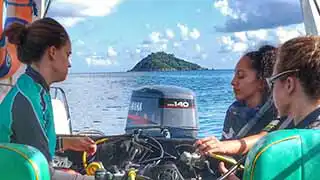
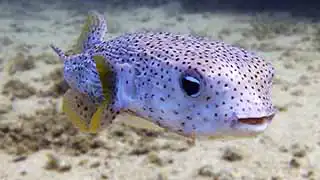
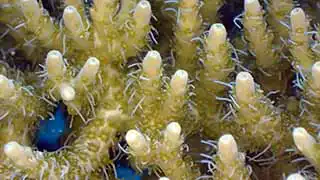
Considerable time, energy, and resources are dedicated to the upkeep of coral restoration projects.
There is a constant list of tasks aimed at maximising the survival rate of coral fragments.
Promoting diversity in coral species holds paramount importance in coral restoration efforts. Greater diversity enhances resilience, enabling corals to better withstand or rebound from disturbances.
Take a 2 day Introduction to Coral Reef Restoration or even embark on a Marine Conservation Internship with our partners at The Coral Tribe to actively engage in local and global coral restoration initiatives and reef research.
Book the 2 day coral restoration course
This course is designed to teach you about coral reefs, their benefits and the issues they face globally.
To help restore coral reefs, we are approved by the Department of Marine & Coastal Resources to transplant coral, which is one of the ways that we partake in Coral Restoration.
This course will also take you through the stages of transplanting and techniques of using “Corals of Opportunity” to rebuild impacted areas.
2 x Days & 4 x Dives.
Basic Coral Ecology presentation.
All materials and dive equipment included.
Learn different coral restoration techniques.
Visit our research and artificial dive site.
Assist our certified coral transplant team.
฿8,000
GET MORE INFO !
If you have questions, about any of our projects, citizen science, research, volunteering, internships or training.
Please get in touch with our marine conservation team!
